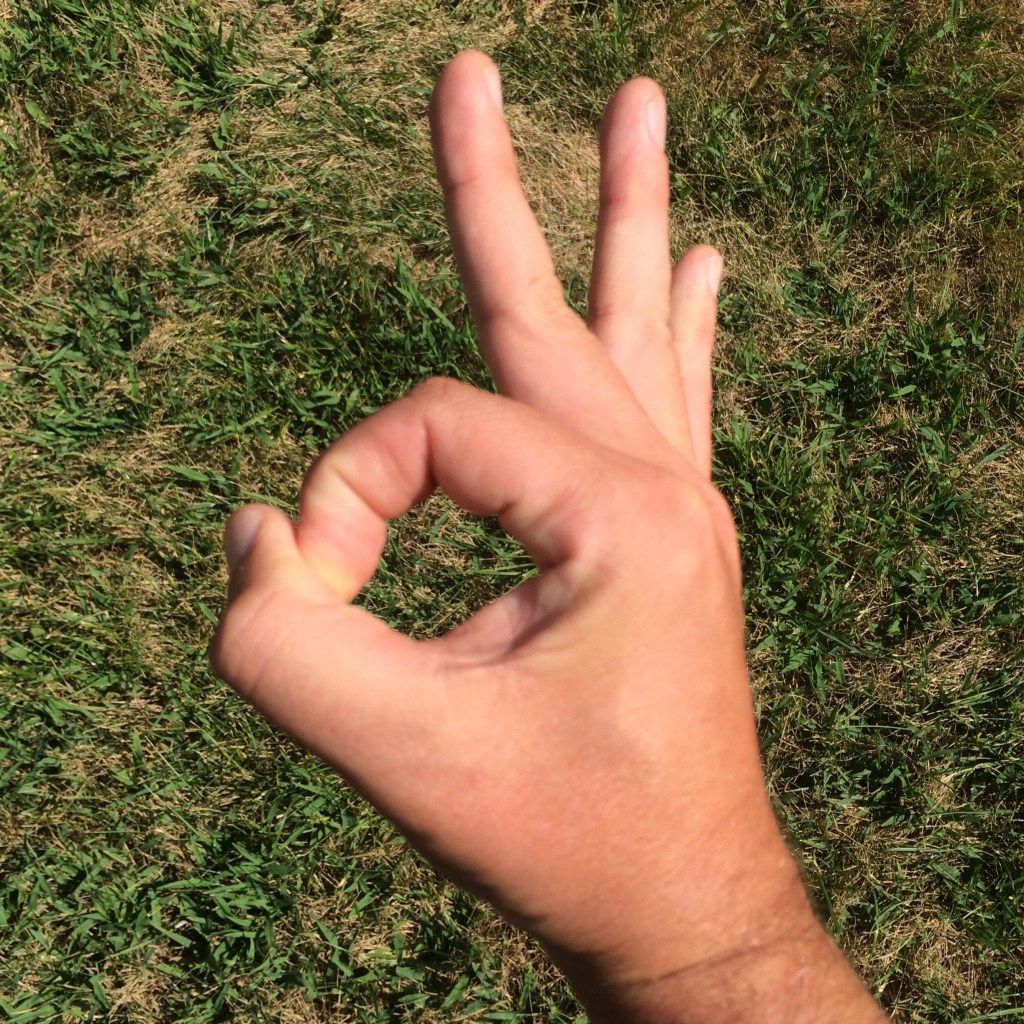Mental de-cluttering means purging ones mind of thoughts and emotions that do not serve their best interests; purging out negativity, unproductive thoughts, and mental “fluff” entertainment. Here are the pieces of mental baggage that we must rid ourselves of in order to prosper:
- Hate – This is the worst kind of mental baggage there is. Has hate ever made anyone feel good? (rhetorical) Of course not. Hate makes us miserable. Acting upon hate only destroys, it never creates. Let us not confuse “hate” with “anger”. Anger can be a very positive motivation if we focus it properly. Even if the hate is never acted upon, it still hurts us internally. It causes us to lose focus.
- Judgement on others – Now this is just a waste of mental energy. First of all, how often do our judgments of others affect our lives? Not much. Second, if we are not walking in their shoes, then the information we are exposed to from which we make our judgement is limited. Unless we are exposed to all the information, we can not make a sound judgment. If you are compelled to judge someone, judge yourself. In fact, that is actually a productive use of mental energy. Periodically ask yourself: Am I the person I want to be? What do I want to accomplish? Am I valuable to my peers?
- Excessive Self Judgement – Self judgement is good only in the sense that it acts as a progress marker toward accomplishing our goals, but it goes too far when we begin to label ourselves. Whether we have judged ourselves high or low, good or bad, it only serves to inhibit us from growing. A person who judges them-self very high will feel a sense of entitlement, develop a strong sense of pride, and may become very complacent in their current standing. All of these things are destructive, ego is self sabotaging. A person who judges them-self low will be depressed and lose motivation.
- Empty Calorie Entertainment – Concerning ones self with “Who’s dating who, and whether or not this person cheated on their BF one night in Cabot” on their favorite reality TV show. Entertainment is great to have, don’t get me wrong. But I have seen too many people spend too much mental energy on happenings that have no impact on their lives whatsoever. That mental energy could have been spent toward contributing to their own growth.
If we have successfully de-cluttered our minds, then our social behavior will work itself out. What we speak about is just a reflection of that we think about. Ah, but we may have to purge who we socialize with. It only stands to follow that we should only be surrounding ourselves with people that are not bogged down by the same mental baggage I mentioned above. For if we do, then we will end up carrying that baggage with them. People like:
- Gossipers – These people are passing judgement on everybody. You too BTW. Destructive and unproductive.
- Ego Maniacs – They put them selves on a pedestal, and often talk down to us. Conversations with these people are not two way. They want to tell you all about themselves, and are not even listening when and if you sneak in your turn to speak.
- Miserables – These people are just too lazy and down on them self to be productive. Twenty minutes with one of these, and you’ll feel you have been listening to The Cure, Tori Amos, and Nora Jones all day. You just want to hang yourself with your belt.
- War Mongers – People who treat hate and/or violence like a virtue. They have been consumed with hate so long, that its a way of life for them. They don’t even realize that they are unhappy.
- Entertainment Junkies – While these people are often very fun to hang out with, their conversation tends not to go beyond small talk and “empty calorie” information. Fun in small doses, but in no way supportive of our goals.
Remember this:
Small minds discuss people.
Mediocre minds discuss events and places.
Great minds discuss ideas and concepts.




 At the very core of a minimalist lifestyle (and most lifestyles for that matter) is the necessity for purpose. As human beings most of us have the urge, and the drive to have something to feel passionate about, and pursue it. Once we have that something in our lives that we are passionate about, and we cultivate that passion, it gives us a very real sense of purpose.
At the very core of a minimalist lifestyle (and most lifestyles for that matter) is the necessity for purpose. As human beings most of us have the urge, and the drive to have something to feel passionate about, and pursue it. Once we have that something in our lives that we are passionate about, and we cultivate that passion, it gives us a very real sense of purpose.
